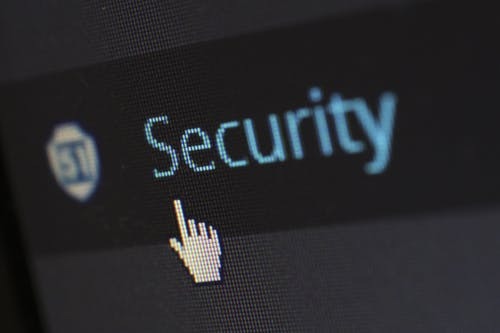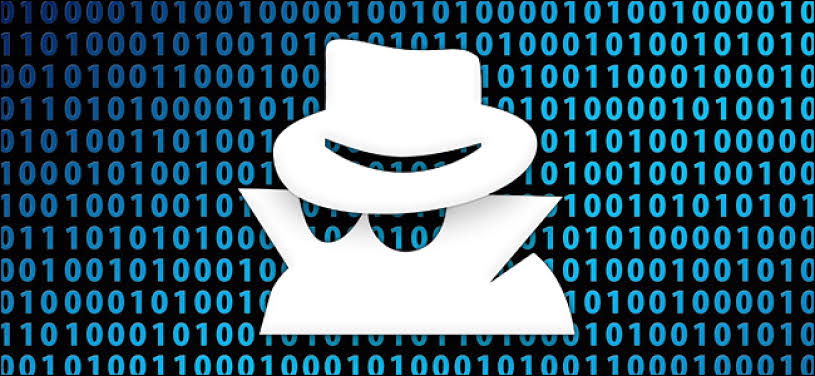The word online security represents the process of staying safe while surfing the internet. It basically means making sure that your personal information isn’t compromised by cybercriminals, and the device you are using doesn’t fall prey to the viruses. Online security is sometimes confused with online safety, but this isn’t truly the matter as both of these concepts are different. The inherent difference among both concepts is that online security provides online safety. To secure yourself from all kinds of threats and to ensure that you are safe while surfing the internet, you must follow the tips shared below.

Never connect to unsecure Wi-Fi networks
Although free Wi-Fi is tempting and increasingly advantageous but, connecting to an unsecure Wi-Fi is as dangerous as giving out your personal information on the internet, yourself. That’s because connecting to an open Wi-Fi doesn’t demand any encryption, and that gives everyone the chance to lurk inside the connection of your device with the Wi-Fi modem and steal potentially sensitive information. If you already connected to any of the public Wi-Fi before, it is recommended to forget all the passwords from your phone and turn off the option to automatically connect to new networks option.

Install powerful antivirus software
Antivirus software is the best option available in the market right now to protect your computer from any potential harm and malware. Powerful antivirus software not only fights against the viruses but provides an extra layer of protection against any data breach. Just make sure that the antivirus program that you installed on your computer is updated. Run in-depth scans frequently, especially after every new download. It is best to open every unknown file after scanning it.
Always use a VPN.
VPN is normally used to change IP address and encrypt online communications. It is by far the best possible way of increasing your online security while quickly hiding the fingerprints. As soon as you are properly encrypting your information, no one will have access to your online traffic, and no one will be able to see what you are accessing on the internet. All of this sums up to this; you won’t have to worry about cybercriminals, government agencies, or viruses.

Avoid any attempt of phishing
Phishing comes in many forms, which is why I found it ideal for sharing most of the internet security tips that you need to follow in order to save yourself from any potential hacking attempt.
- Do not open emails or messages with shady attachments.
- Ignore any messages that ask you to click on some kind of internet web address.
- While accessing a website, ensure that the URL starts with Https and not Http.
- Don’t interact with any pop-up that appears on a website.
Use script blockers
Script blockers are necessarily used to ensure that the site you are accessing doesn’t run any unauthorized shady Java scripts or Flash scripts. It also limits the plugins from running in the background that could end up being a threat to your online security. Always remember that some scripts are so dangerous that they can take over your browsers while the other scripts may run redirects or other advertisements on their own. That is why installing a script blocker on your browser is the best way to avoid any kind of internet mishap. Happy browsing!





